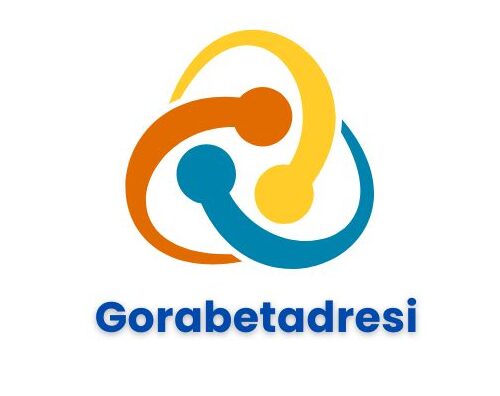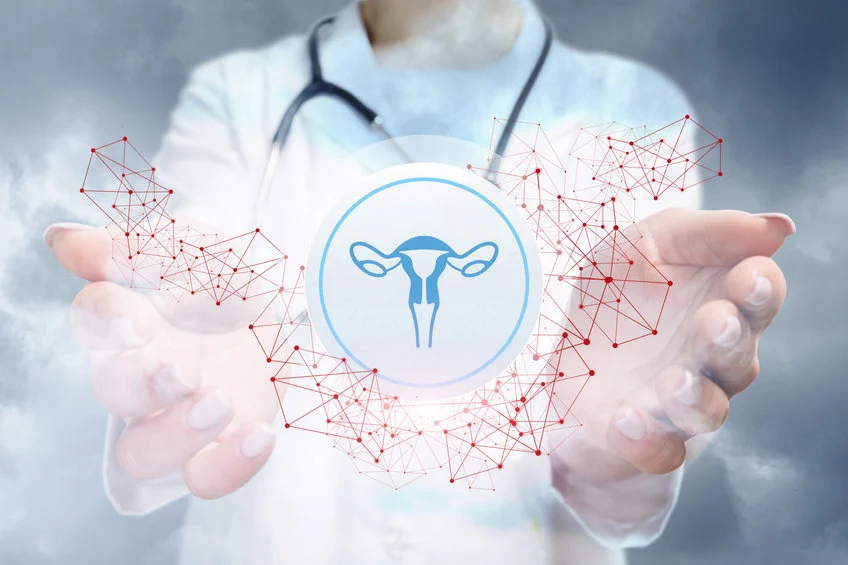Introduction
Stevens Institute of Technology is a premier private research university located in Hoboken, New Jersey, with a strong emphasis on engineering, science, business, and technology. Established in 1870, it is one of the oldest technological universities in the United States and has built a reputation for innovation, academic excellence, and industry collaboration. Stevens offers undergraduate, graduate, and doctoral programs designed to prepare students for leadership roles in technology-driven fields.
With its prime location near New York City, Stevens provides students with unparalleled access to internships, research opportunities, and employment prospects in one of the world’s most dynamic economic hubs. The university is known for its rigorous curriculum, cutting-edge research initiatives, and strong ties to industry leaders.
This article explores Stevens Institute of Technology’s history, academic programs, research contributions, campus life, and career outcomes, providing a detailed look at what makes this institution unique.
History and Legacy
Founding and Early Years
Stevens Institute of Technology was founded in 1870 through a bequest from Edwin A. Stevens, a prominent inventor, engineer, and philanthropist. The institution was established with the vision of advancing scientific and technical education in the United States. It was one of the first colleges in the country dedicated solely to mechanical engineering.
The university’s first president, Henry Morton, was a renowned physicist and educator who set the foundation for Stevens’ hands-on, laboratory-based approach to learning. Early curricula focused on mechanical engineering, naval architecture, and applied science, aligning with the industrial needs of the late 19th century.
Growth and Expansion
Throughout the 20th century, Stevens expanded its academic offerings, adding programs in electrical engineering, chemical engineering, computer science, and business. The university also strengthened its research capabilities, contributing to advancements in maritime engineering, materials science, and telecommunications.
In the 21st century, Stevens has continued to evolve, incorporating emerging fields such as artificial intelligence, cybersecurity, financial technology (FinTech), and biomedical engineering. The university has also invested in modern facilities, including state-of-the-art labs, innovation centers, and collaborative workspaces.
Academic Programs and Excellence
Stevens Institute of Technology is organized into four primary schools:
-
Schaefer School of Engineering & Science
-
School of Business
-
School of Systems & Enterprises
-
College of Arts & Letters
Each school offers a range of undergraduate, graduate, and doctoral programs designed to meet the demands of today’s technological and business landscapes.
Undergraduate Programs
Stevens provides a rigorous undergraduate education with a focus on experiential learning. Popular majors include:
-
Computer Science – Emphasizes software development, AI, and cybersecurity.
-
Mechanical Engineering – Covers robotics, aerospace, and sustainable energy.
-
Business & Technology – Combines management principles with technical skills.
-
Biomedical Engineering – Focuses on medical devices and healthcare innovations.
-
Cybersecurity – Prepares students for careers in digital security and risk management.
The university’s co-op program allows students to alternate semesters of study with full-time paid work experience, providing real-world industry exposure.
Graduate and Doctoral Programs
Stevens offers advanced degrees tailored to professionals and researchers. Notable programs include:
-
Master of Science in Data Science – Focuses on big data analytics and machine learning.
-
Master of Business Administration (MBA) – Integrates technology and leadership skills.
-
Ph.D. in Electrical Engineering – Emphasizes research in telecommunications and signal processing.
-
Master of Engineering in Civil Engineering – Specializes in infrastructure and smart cities.
The university’s Accelerated Master’s Program allows undergraduates to earn both a bachelor’s and master’s degree in just five years.
Research and Innovation
Stevens is classified as an R2 Doctoral University (High Research Activity) by the Carnegie Classification of Institutions of Higher Education. The university engages in cutting-edge research across multiple disciplines, often in collaboration with industry and government agencies.
Key Research Areas
-
Artificial Intelligence & Machine Learning – Developing algorithms for healthcare, finance, and autonomous systems.
-
Sustainable Energy – Researching renewable energy solutions and smart grids.
-
Maritime Systems – Advancing naval architecture and ocean engineering.
-
Cybersecurity & Blockchain – Enhancing digital security and decentralized technologies.
-
Biotechnology & Healthcare – Innovating medical devices and personalized medicine.
Research Centers and Labs
Stevens houses several research centers, including:
-
Center for Maritime Systems – Focuses on ship design, coastal engineering, and underwater robotics.
-
Hanlon Financial Systems Center – Specializes in FinTech, algorithmic trading, and financial analytics.
-
Institute for Artificial Intelligence – Explores AI applications in various industries.
-
Design & Manufacturing Institute – Advances materials science and 3D printing technologies.
These centers provide students with hands-on research opportunities, often leading to patents, startups, and industry partnerships.
Campus Life and Student Experience
Location and Campus
Stevens’ 55-acre campus is situated in Hoboken, New Jersey, a vibrant city along the Hudson River with stunning views of the Manhattan skyline. The proximity to New York City (just a 10-minute PATH train ride away) gives students access to internships, networking events, and cultural experiences.
The campus features modern facilities, including:
-
Babbio Center – Home to the School of Business and innovation labs.
-
Gateway Academic Center – A hub for interdisciplinary learning and collaboration.
-
North Building – Houses engineering labs and research spaces.
-
University Center Complex – Includes dining halls, fitness centers, and student lounges.
Student Organizations and Activities
Stevens has over 100 student clubs and organizations, including:
-
Entrepreneurship Club – Supports student startups and innovation.
-
Stevens Racing – Designs and builds Formula SAE race cars.
-
Women in Computer Science (WiCS) – Promotes diversity in tech.
-
Stevens Dramatic Society – Offers theater and performance opportunities.
The university also hosts hackathons, tech conferences, and guest lectures from industry leaders.
Athletics and Recreation
Stevens competes in NCAA Division III athletics as the Ducks. Varsity sports include:
-
Soccer
-
Basketball
-
Swimming
-
Lacrosse
-
Tennis
The Walker Gymnasium and DeBaun Aquatic Center provide recreational facilities for students.
Career Outcomes and Industry Connections
Stevens has a strong track record of career placement, with 96% of graduates employed or in graduate school within six months of graduation (2022 data). The average starting salary for undergraduates is $78,000, one of the highest among U.S. universities.
Top Employers of Stevens Graduates
-
Amazon
-
Google
-
IBM
-
Johnson & Johnson
-
Goldman Sachs
-
Lockheed Martin
-
Northrop Grumman
The Stevens Career Center offers career counseling, resume workshops, and recruitment fairs, connecting students with top companies.
Entrepreneurship and Startups
Stevens fosters innovation through:
-
Stevens Venture Center – Provides funding and mentorship for student startups.
-
TechLaunch – An incubator supporting early-stage tech companies.
-
Hackathons & Pitch Competitions – Encourage entrepreneurial thinking.
Notable alumni-founded companies include Veeco .











